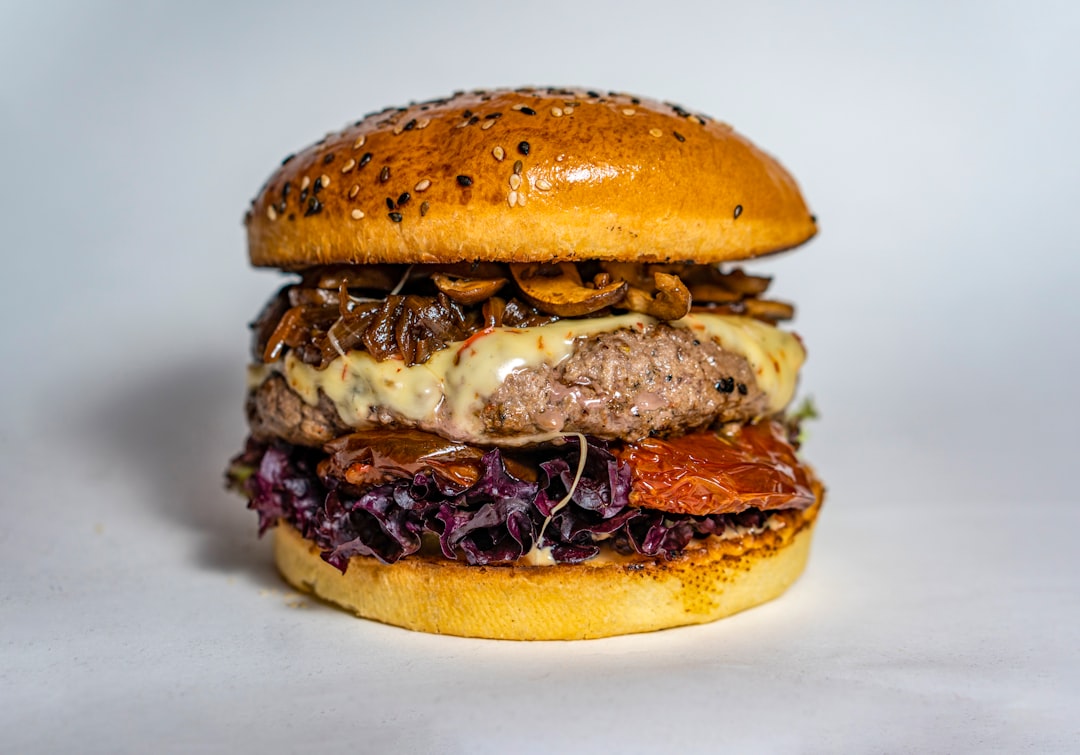Embracing Sustainability and Brand Protection: A Look into Burger King's Business Approach
With an increasing global focus on sustainability, major brands are making concerted efforts to integrate sustainability into their business models. One such brand leading the charge in the fast-food industry is Burger King. Recognizing the importance of sustainability and brand protection in an evolving consumer landscape, Burger King has taken significant strides in these areas.
Burger King’s Sustainability Journey: An Integral Aspect of its Branding Strategy
Burger King has long realized that sustainability isn't just about being ecologically responsible; it is a crucial aspect of its brand protection strategy. It understands that today's consumers demand more from the brands they patronize. They seek not just quality products but also social and environmental accountability.
1. Reduced Environmental Footprint
Burger King is actively working to lessen its environmental impact. One area where this effort is evident is in its commitment to responsible sourcing. The fast-food giant has pledged to use 100% cage-free eggs and crate-free pork in all U.S. locations by the end of 2025, demonstrating its commitment to animal welfare.
Moreover, in an effort to curb deforestation, Burger King has committed to eliminating deforestation from its supply chain by 2030. This initiative goes a long way in preserving our planet's green cover, vital for mitigating climate change.
2. Innovative Sustainable Solutions
Burger King’s commitment to sustainability has also led to some innovative solutions. In a bid to reduce methane emissions, the brand introduced a new diet for cows in some areas that reportedly cuts methane emissions by up to 33%. This initiative, represented by their "Reduced Methane Emissions Beef Whopper," showcases a unique approach to making their products more sustainable.
3. Waste Management and Energy Efficiency
Burger King has set ambitious goals in waste management and energy efficiency. It's rolling out a plan to recycle guest packaging in 100% of its restaurants in Canada and the U.S. by 2025. In terms of energy efficiency, the company aims to purchase 100% of its electricity from renewable sources for its owned U.S. and Canada restaurants by the same year.

Brand Protection Through Sustainability at Burger King
The correlation between sustainability and brand protection is apparent in Burger King’s actions. By investing in sustainable initiatives, the company significantly enhances its brand image, resonating with the values of a growing segment of consumers who prioritize environmental responsibility.
1. Meeting Consumer Expectations
Burger King's sustainability efforts align with the values of the conscious consumer. By making sustainability a core part of their business strategy, the brand strengthens customer loyalty and attracts new, environmentally-conscious customers, thereby protecting and enhancing its brand.
2. Mitigating Risk
By proactively addressing sustainability, Burger King mitigates the risk of reputational damage that can come from inaction or reactive measures. This risk mitigation plays a crucial role in their overarching brand protection strategy.
3. Future-Proofing the Business
Lastly, by integrating sustainability into its core operations, Burger King is future-proofing its business. As regulations tighten and consumer expectations rise, its commitment to sustainable practices positions it for enduring success.

Conclusion
In conclusion, Burger King’s commitment to sustainability is not just a testament to their corporate responsibility, but also a strategic move to protect and strengthen their brand. By prioritizing sustainability, Burger King continues to solidify its position as a forward-thinking leader in the quick-service restaurant industry.

